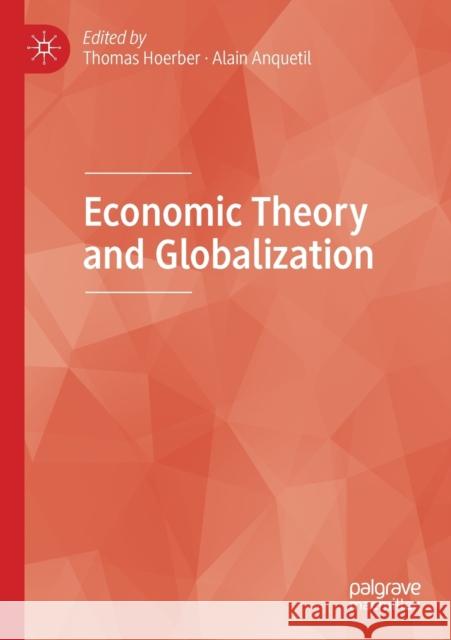Economic Theory and Globalization » książka
topmenu
Economic Theory and Globalization
ISBN-13: 9783030238261 / Angielski / Miękka / 2020 / 262 str.
Economic Theory and Globalization
ISBN-13: 9783030238261 / Angielski / Miękka / 2020 / 262 str.
cena 362,27
(netto: 345,02 VAT: 5%)
Najniższa cena z 30 dni: 346,96
(netto: 345,02 VAT: 5%)
Najniższa cena z 30 dni: 346,96
Termin realizacji zamówienia:
ok. 16-18 dni roboczych.
ok. 16-18 dni roboczych.
Darmowa dostawa!
Kategorie:
Kategorie BISAC:
Wydawca:
Palgrave MacMillan
Język:
Angielski
ISBN-13:
9783030238261
Rok wydania:
2020
Wydanie:
2019
Ilość stron:
262
Waga:
0.36 kg
Wymiary:
21.01 x 14.81 x 1.6
Oprawa:
Miękka
Wolumenów:
01
Dodatkowe informacje:
Wydanie ilustrowane











